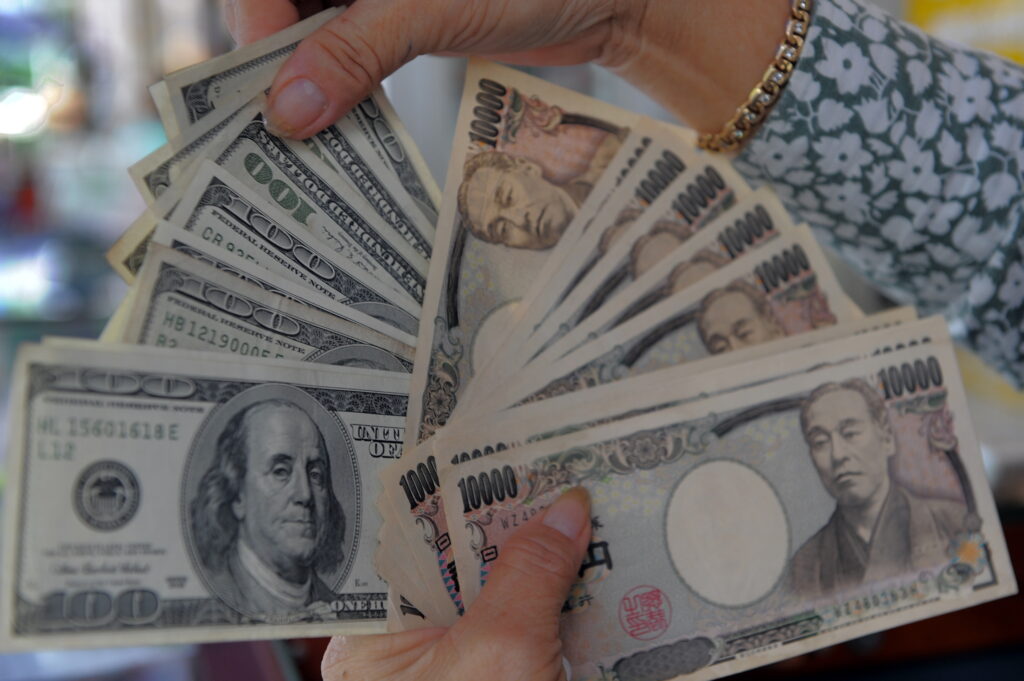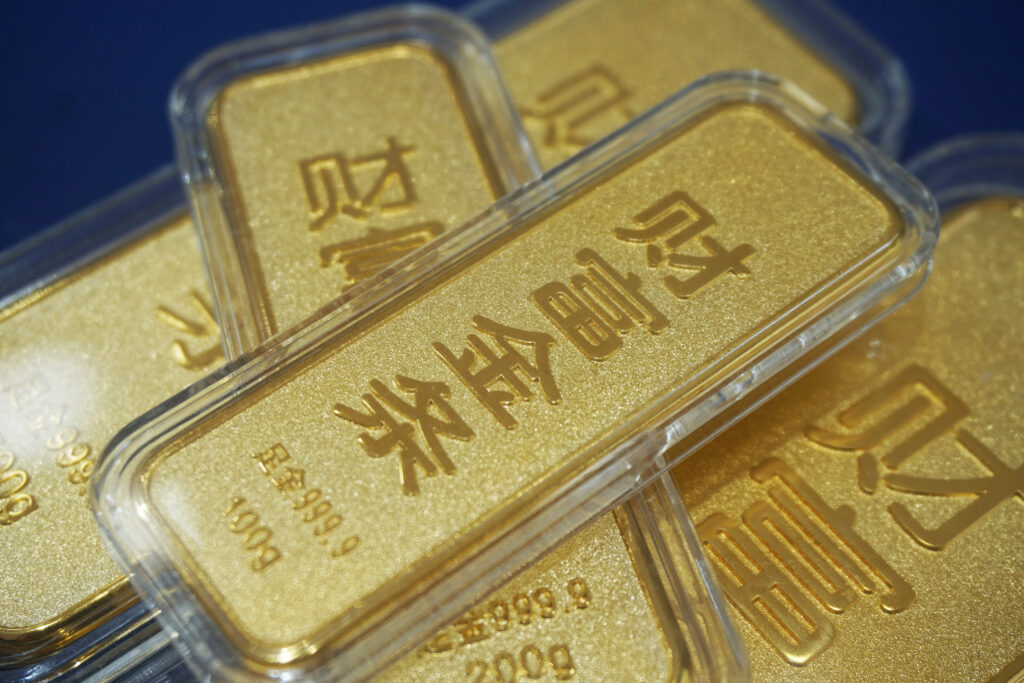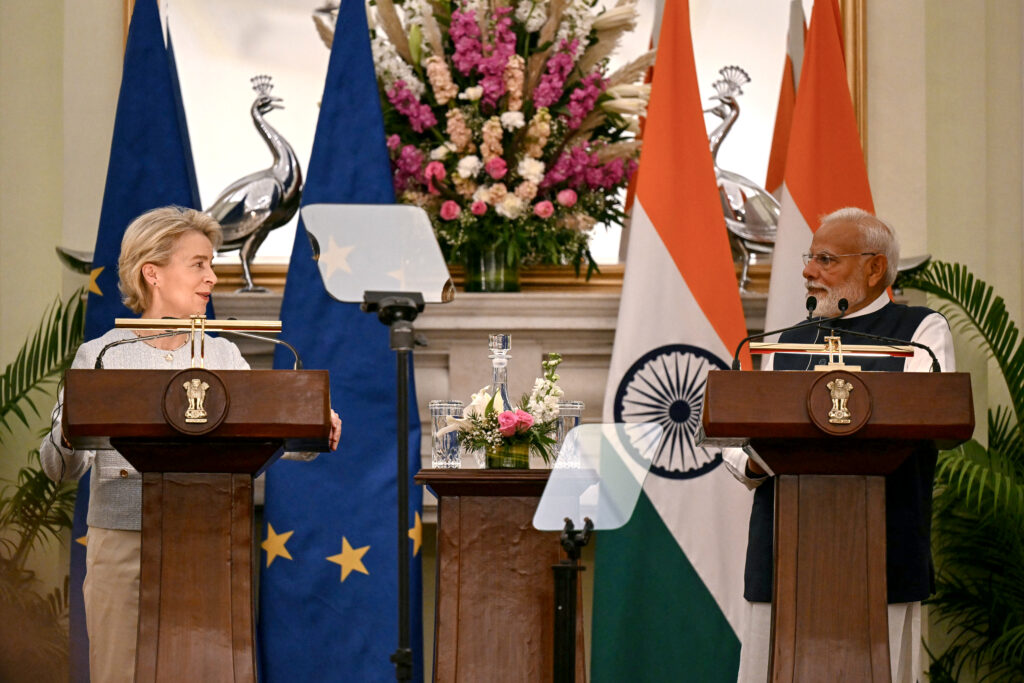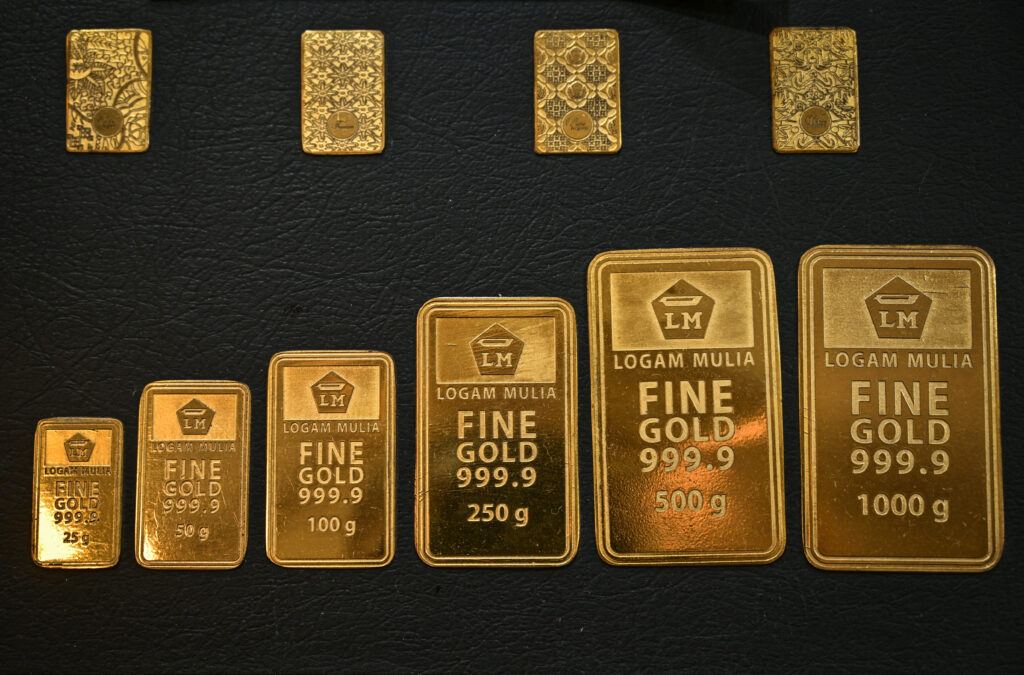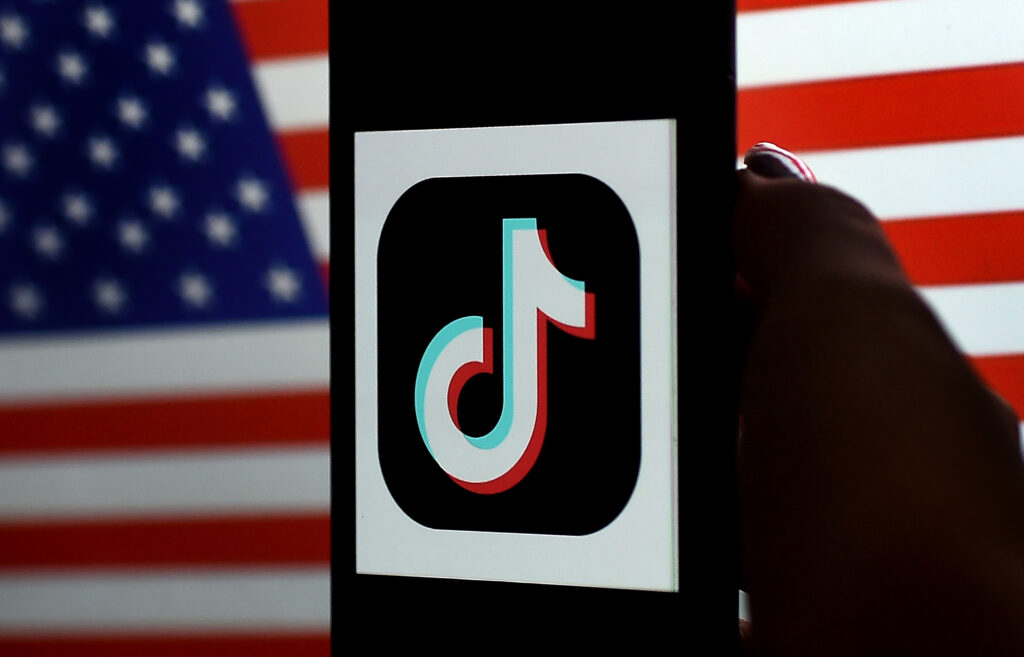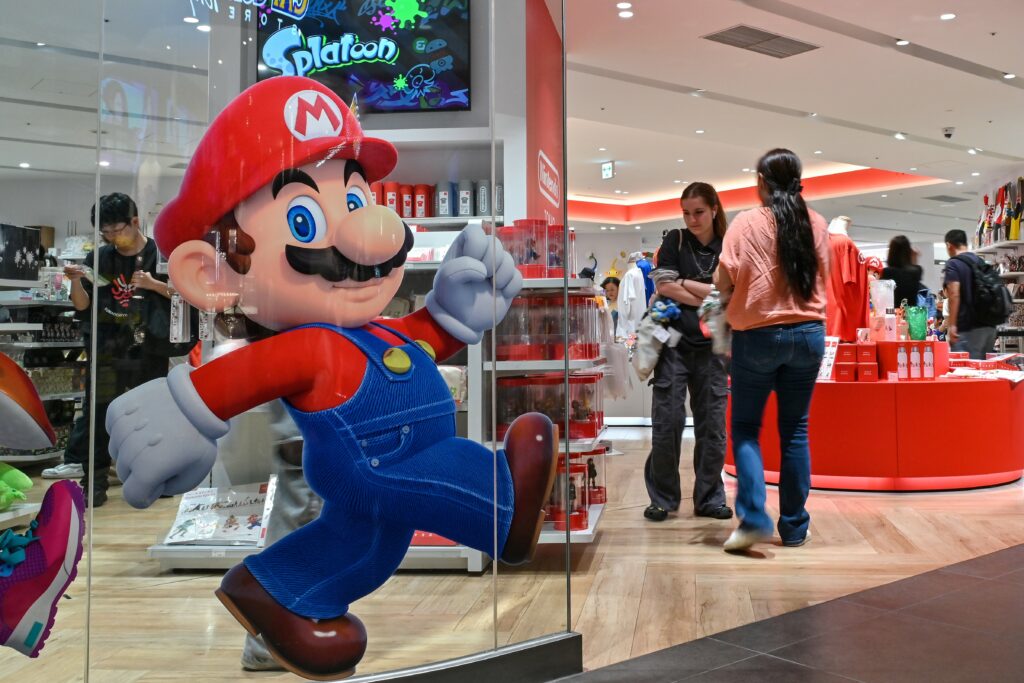Dollar sinks on yen intervention talk, gold breaks $5,100
The dollar fell and gold hit fresh high on Monday amid uncertainty over domestic US policies and speculation of US-Japanese coordination to support the yen. Equity markets were mostly lower, with most major European indices in the red after a weak lead from Asia. The price of safe-haven asset gold pushed above $5,100 an ounce after surpassing $5,000 on Sunday, amid rising global uncertainty and turmoil set off by US President Donald Trump’s policies.Silver broke $100 Friday and spiked above $110 Monday.”The relentless quest for hard assets continued amid yet more talk of tariffs and US government shutdowns,” said Neil Wilson, investor strategist at Saxo UK.Multiple US senators have said they would vote against upcoming government spending bills after federal agents killed a second American citizen in Minneapolis, significantly increasing the chances of a government shutdown next week.The dollar was also weighed down by a surge in the yen on speculation that authorities may intervene to prop up the Japanese currency.”The FX (foreign exchange) market is front and centre at the start of this week and the focus is on the huge move higher in the yen,” said Kathleen Brooks, research director at XTB trading group. “Reports suggest that Japanese officials were joined by the Federal Reserve Bank of New York who bought yen to support the beleaguered currency,” she added.The yen has been sliding amid worries about Japan’s fiscal position, the central bank’s decision not to hike interest rates further and expectations that the US Fed will hold off cutting its own borrowing costs this week.Tokyo’s stock market sank 1.8 percent owing to the stronger yen, which weighs on Japanese exporters.The prospect of authorities stepping into financial markets saw the dollar retreat across the board, with the euro, pound and South Korean won also well up while the Singapore dollar hit an 11-year high.The US Federal Reserve is expected to hold interest rates this week, despite Trump’s pressure to slash levels as it guards against threats to its independence.Trump has made no secret of his disdain for Federal Reserve boss Jerome Powell, claiming there is “no inflation” and repeatedly questioning the Fed chair’s competence and integrity.Oil prices extended Friday gains that came after Trump said a US “armada” was heading towards the Gulf and that Washington was watching Iran closely.The president has repeatedly left open the option of new military action against Tehran after Washington backed and joined Israel’s 12-day war in June aimed at degrading Iranian nuclear and ballistic missile programmes.- Key figures at around 1120 GMT -London – FTSE 100: UP 0.1 percent at 10,148.13 pointsParis – CAC 40: DOWN 0.4 percent at 8,112.25Frankfurt – DAX: DOWN 0.4 percent at 24,806.68Tokyo – Nikkei 225: DOWN 1.8 percent at 52,885.25 (close)Hong Kong – Hang Seng Index: UP 0.1 percent at 26,765.52 (close)Shanghai – Composite: DOWN 0.1 percent at 4,132.61 (close)New York – Dow: DOWN 0.6 percent at 49,098.71 (close)Dollar/yen: DOWN at 153.77 yen from 157.00 yen on FridayEuro/dollar: UP at $1.1849 from $1.1823Pound/dollar: UP at $1.3666 from $1.3636Euro/pound: FLAT at 86.70 penceBrent North Sea Crude: UP 0.2 percent at $66.02 per barrelWest Texas Intermediate: UP 0.2 percent at $61.16 per barrel
